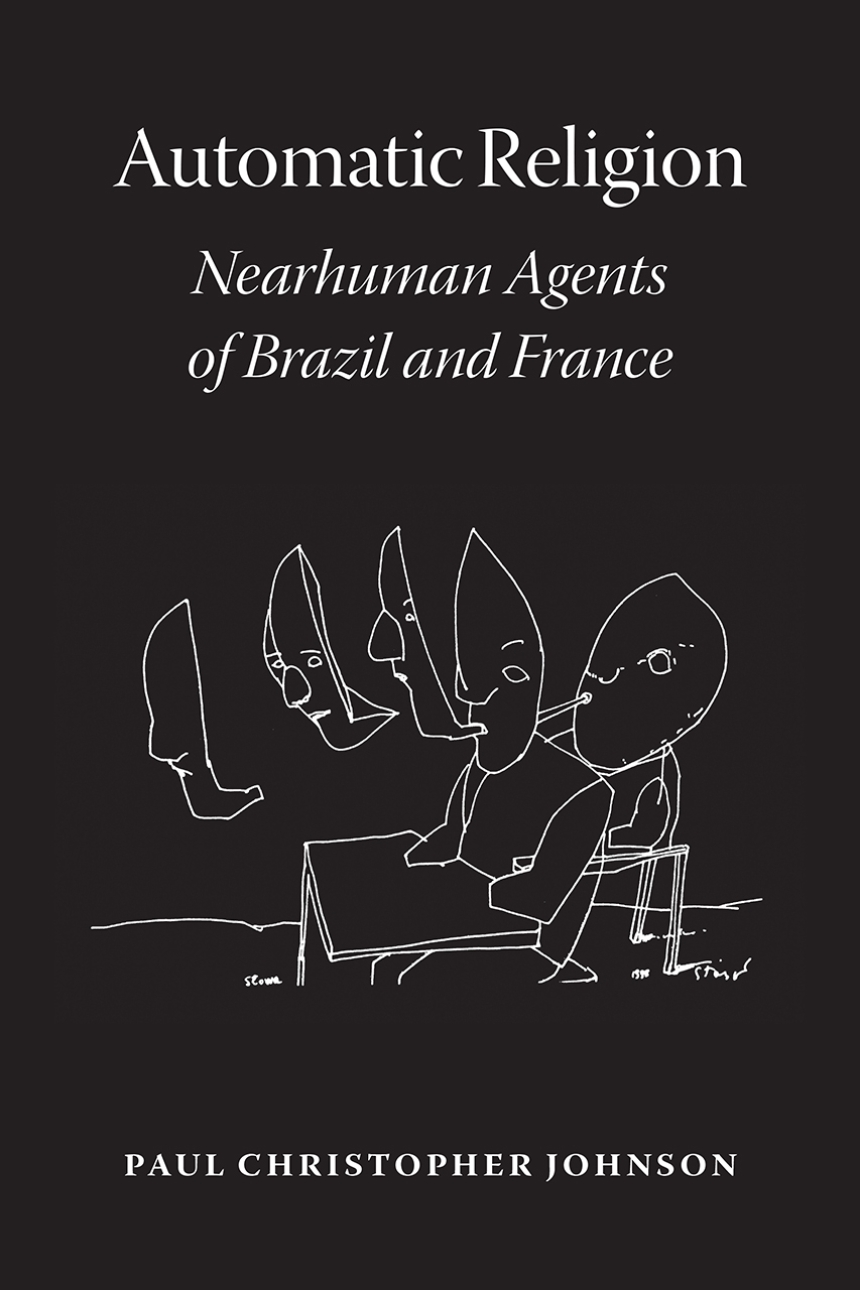Automatic Religion
Nearhuman Agents of Brazil and France
Automatic Religion explores an unlikely series of episodes from the end of the nineteenth century, when crucial ideas related to automatism and, in a different realm, the study of religion were both being born. Paul Christopher Johnson draws on years of archival and ethnographic research in Brazil and France to explore the crucial boundaries being drawn at the time between humans, “nearhumans,” and automata. As agency came to take on a more central place in the philosophical, moral, and legal traditions of the West, certain classes of people were excluded as less-than-human. Tracking the circulation of ideas across the Atlantic, Johnson tests those boundaries, revealing how they were constructed on largely gendered and racial foundations. In the process, he reanimates one of the most mysterious and yet foundational questions in trans-Atlantic thought: what is agency?
312 pages | 23 halftones | 6 x 9 | © 2021
Anthropology: Cultural and Social Anthropology
Religion: Comparative Studies and History of Religion, Philosophy of Religion, Theology, and Ethics, Religion and Society
Reviews
Awards
Latin American Studies Association, Section on Brazil: Antonio Candido Prize
Won
International Society for the History of Behavioral and Social Sciences: Cheiron Book Prize
Honorable Mention
